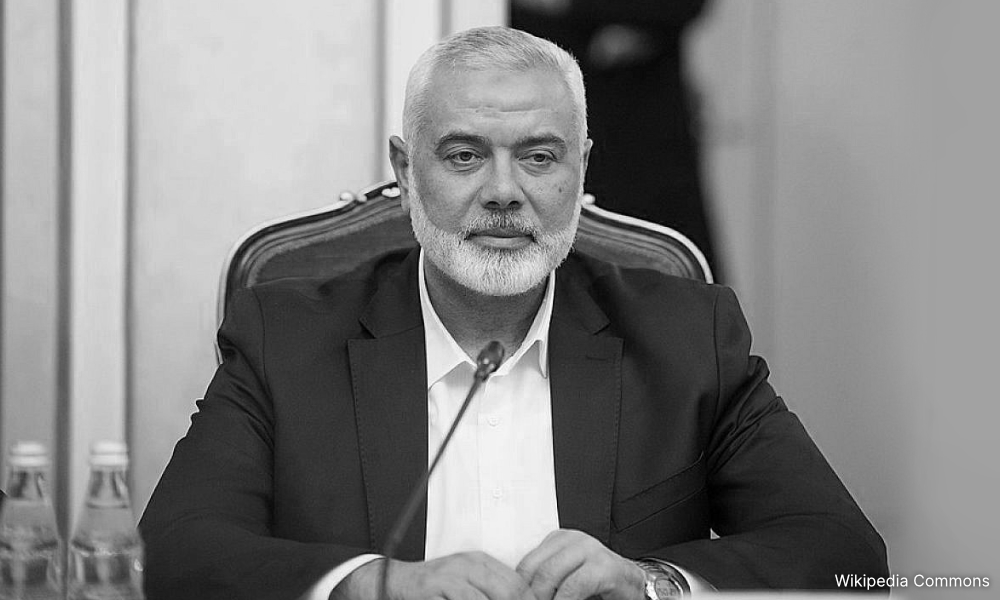Iran’s supreme leader Ali Khamenei has vowed vengeance for the death of Hamas’ political leader Ismail Haniyeh.
“The criminal and terrorist Zionist regime martyred our beloved guest inside our house and made us mournful, but it paved the way for a harsh punishment to be imposed on it,” Iranian state media quoted Ali (above) as saying.
Meanwhile, in Qatar, which was mediating a ceasefire negotiation, its prime minister Mohammed Abdulrahman Al Thani decried the killing of a key negotiator in the talks between Hamas and Israel.
“How can mediation succeed when one party assassinates the negotiator on the other side? Peace needs serious partners and a global stance against the disregard for human life,” he said.
Despite the rhetoric, analysts told the New York Times that an escalation of the conflict in the Middle East is not yet a foregone conclusion.
According to its report, the decision to intensify the fighting lies in the hands of key decision-makers in Iran, Israel, and the Hezbollah group based in Lebanon.

The fatal raid on Ismail’s residence in Tehran during the run-up to the inauguration of a new Iranian president, while embarrassing to Iran, reportedly did not change the decision-makers’ desire to keep the conflict contained.
The report quoted US officials and analysts saying the warring parties had many opportunities to strike in a way that would set off a broader conflict, but always chose a more limited option that let them claim to have retaliated effectively without drawing an outsized response.
Ismail ‘replaceable’
It quoted King’s College London’s Middle East security expert Andreas Krieg saying that deterrence is working on both sides, and this round may be no different.
“All sides over the last 10 months had reason to full-out escalate, and they didn’t, which suggests the calculus hasn’t changed and isn’t changing,” he said.
Another analyst, International Crisis Group Middle East and North Africa programme director Joost Hiltermann noted that Ismail was not Iranian, so his killing was less of a slap to Iran than the killing of Iranian Revolutionary Guards Corps officers at the Iranian embassy in Damascus earlier this year.
He said the conflict is not likely to escalate as long as Iran’s overall interests are not harmed.
As for Hamas, he said Ismail is replaceable as a leader and the organisation will survive.
Both Hiltermann and Krieg also reportedly said Ismail’s killing could allow Israeli Prime Minister Benjamin Netanyahu to claim victory and give him the space to back down in Gaza and perhaps agree to a ceasefire.
“But that will only happen if Netanyahu wants to find a way out, which the analysts said was far from sure given his need to work with the hawkish political factions that shore up his governing coalition,” the report concluded.
Ismail was reportedly killed in a raid today that has been blamed on Israel. Israel has yet to comment on Ismail’s death. - Mkini




No comments:
Post a Comment
Note: Only a member of this blog may post a comment.